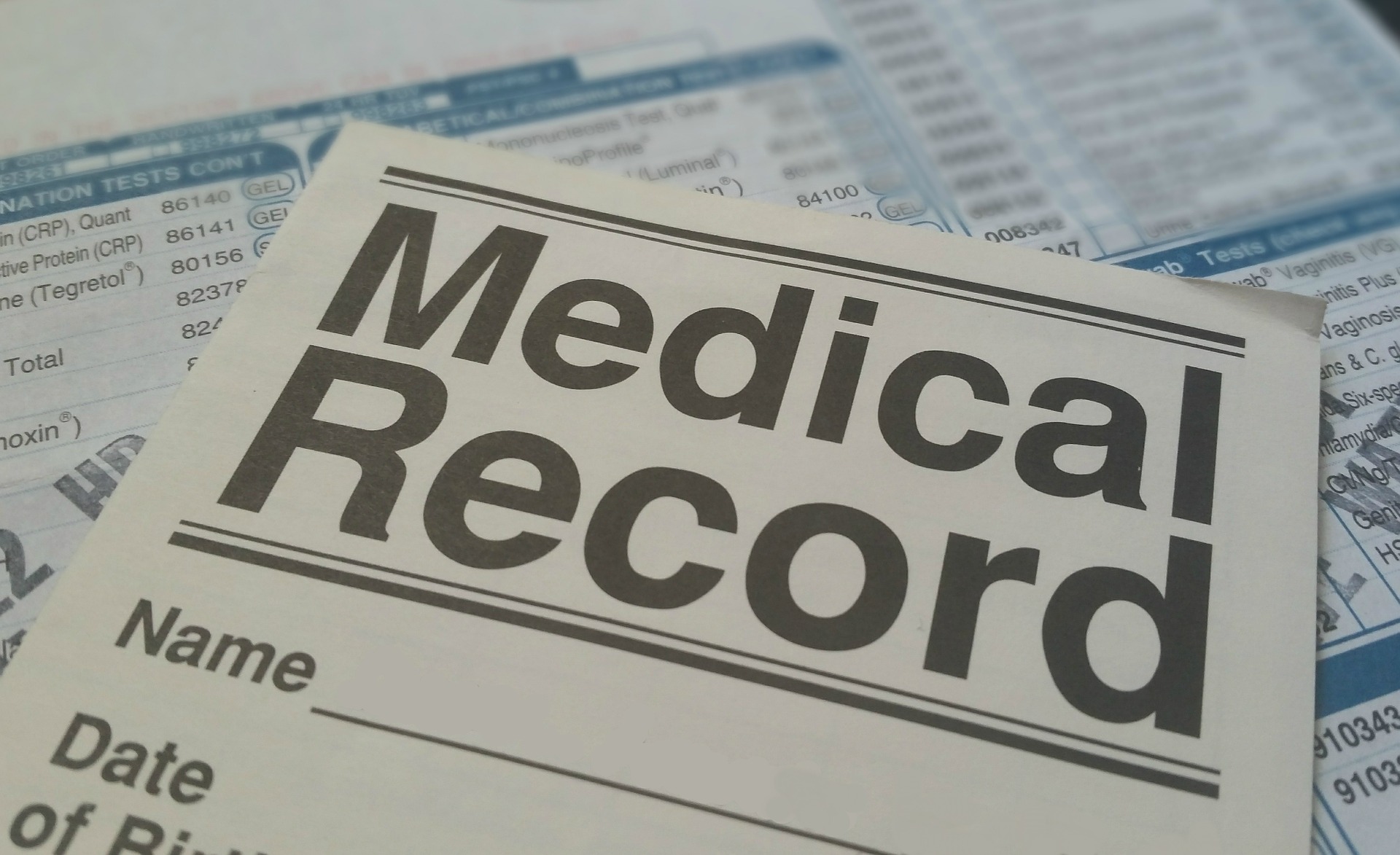Safety reporting to investigators (SUSARs): Mistakes you will never make again
All adverse drug reactions (ADRs) that are both serious and unexpected (Suspected Unexpected Serious Adverse Reactions, SUSARs) are subject to expedited reporting.
Since the main objective of pharmacovigilance is the identification of information that may affect the safety of patients, once a potential risk is noted, it must be communicated to all stakeholders. The distribution follows well-defined pathways described in ICH E2A1. However, there are some grey areas with regards to submission timelines to investigators and how to demonstrate safety reports review and dissemination by investigators that are not covered by ICH E2A but discussed along this article.
Sometimes during a clinical trial for a specific investigational product, there may be serious adverse reactions in subjects given the drug, that may or may not be dose-related, but are unexpected, as they are not consistent with current available information. A Suspected Unexpected Serious Adverse Reaction is known as a SUSAR.
Reporting SUSARs to investigators and ensuring investigators review all safety updates is a relevant aspect of clinical research; however, observations are raised quite often during regulatory inspections and GCP audits with this regards.
The purpose of reporting adverse events in an expedited manner to the competent authority is to provide an early warning of any potential issues with investigational medicinal products (IMPs) or with the conduct of the trial in the time between the annual reviews of the risk-benefit profile of the IMP in the development safety update reports (DSURs)2.
The regulations on SUSARs and rules on reporting to regulatory agencies and investigators are not fully harmonized. Different European Union (EU) member states have different expectations on the amount of information provided and in what time frame.
Guidance related to SUSARs reporting to investigator is found in ICH GCP3 under sections 5.16 Safety Information and 5.17 Adverse Drug Reaction Reporting which read as follows:
5.16.2 “The sponsor should promptly notify all concerned investigator(s)/institution(s) and the regulatory authority(ies) of findings that could affect adversely the safety of subjects, impact the conduct of the trial, or alter the IRB/IEC’s approval/favourable opinion to continue the trial”.
5.17.1 “The sponsor should expedite the reporting to all concerned investigator(s)/institutions(s), to the IRB(s)/IEC(s), where required, and to the regulatory authority(ies) of all adverse drug reactions (ADRs) that are both serious and unexpected”.
Timelines for expedited reporting to investigators
The sponsor is required to ensure that the investigators responsible for the conduct of a trial are informed of any SUSARs that occur in relation to an IMP used in the trials they are involved with. This is the case whether that SUSAR occurs in the trial that the investigator is involved in, or another trial using the same IMP for which the sponsor is responsible.
No timelines are specified in the regulations for reporting to investigators. The well-known reporting time frames of seven (7) and 15-days for expedited reporting described in ICH E2A1 guideline and CT-3 detailed guidance4 apply only to reporting to regulatory agencies. However, expedited reporting to investigators should be done in a timely manner to ensure that investigators are kept fully informed of all safety information. Should new safety information arise that may impact on the ongoing safety of trial subjects, then concerned investigators should be informed immediately2.
In EU individual SUSARs are not routinely required. Guidance CT-3, section 7.10 Informing the investigator specifies that the information should be concise and practical. Therefore, whenever practicable the information on SUSARs should be aggregated in a line listing of SUSARs in periods as warranted by the nature of the research project/clinical development project and the volume of SUSARs generated. This line listing should be accompanied by a concise summary of the evolving safety profile of the IMP4.
The sponsor’s SOPs should contain the minimum requirements for expedited reporting to investigators, detail how relevant safety updates are communicated to sites for all ongoing studies, based on regulations. The process for SUSAR reporting should be clearly defined. For example, expedite to Principal Investigator (PI) the individual SUSARs assessed as related to the IMP by the sponsor and others (assessed as no related) via 6 monthly line listing (unless local law is more stringent).
What are investigators obligations with regards to SUSARs?
The investigators must read the SUSARs and understand their potential impact to their patients, forward to IRB/IEC in accordance with local requirements and file them in the Investigator Site File.
In order to adequately protect the safety and welfare of research subjects the investigator or sub-investigators should review the safety reports sent by the sponsor. If the investigator does not perform the above task, he/she would not be considered adhering to ICH GCP.
The investigator contract and/or the protocol should specify the investigators responsibilities related to review of safety reports.
How quickly investigators are expected to read, acknowledge and share updated safety information with their team?
It is recommended that sponsors also consider how it can be demonstrated that the safety reports have been reviewed by the investigators.
Typically, investigators sign and date paper reports to confirm their review. Even though, there is no stated requirement in the regulations for the investigators to sign or maintain the external reports, they should be able to prove review of the new information and the sponsor to monitor and/or reconcile this activity.
Safety reports may be sent electronically or made accessible through an online application. If reports are made available via an online application, the sponsor should ensure that concerned investigators have access to the portal and have been trained on how to access the information, before the trial commences2.
Documentation of dissemination of safety information from the Principal Investigator (PI) to the investigators team also needs to be considered. It should be possible to demonstrate that the safety information regularly provided to the PI from the sponsor has been disseminated to other physicians, so they are made aware of the updated information. This can be addressed for example, by the receiving member of the site staff countersigning the SUSARs or other trial related safety correspondence; documenting the provision of information within meeting minutes; or sending emailing confirmation of reading sent to the PI or study coordinator”2.
Conclusion
The main purpose of the SUSARs is to protect patient safety but also to inform investigators of new developments, ensure compliance with applicable regulations and study integrity. If the investigator does not review the safety information in a timely manner, the investigator is not properly informed about the latest safety updates which may impact on the investigator’s responsibilities for patient care.
The sponsor should set a standard for SUSARs review and pursue compliance with this by all investigators. The sponsor should develop a series of SOPs for the conduct of clinical trials per GCP, including SOPs on safety mailings which satisfy the most conservative international regulations.
The GCP Investigators must have adequate time and resources to conduct the clinical trial, including the handling of safety mailings. Investigator’s obligations and responsibilities with regards to IMP safety should be described in the site’s contract. For example, “thoroughly familiarizes with the appropriate use of the IMP, as described in the protocol, Investigator’s Brochure, information relating to the IMP and any other information sources provided by the sponsor”.
A frequent regulatory inspection observation related to safety information is “no review or evidence of review of SUSARs or other safety alerts by the investigators”.
Inspectors rely on written documentation. It is important to document all trial related activities. Documentation is everything; if it is not documented, then it is considered that it was not done.
References
- ICH E2A Clinical Safety Data Management: definitions and standards for expedited reporting.
- MHRA Good Clinical Practice Guide, Medicinal and Healthcare products Regulatory Agency, UK.
- Integrated Addendum to ICH E6 (R1): Guideline for Good Clinical Practice E6(R2). November 2016.
- Detailed guidance on the collection, verification and presentation of adverse event/reaction reports arising from clinical trials on medicinal products for human use (CT-3) (2011/C 172/01).
Author: Dr Leire Zúñiga, Director and Principal GCP Consultant
PHARMITY, 11th December 2018



